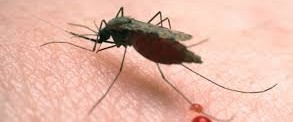We regard birth registries as a important part of our work to reduce maternal and neonatal deaths.
We started to register all births in some parts of our catchment area in 2010. The health extension workers in the local communities registers all births and maternal and neonatal deaths in their catchment area. Usually one health extension worker covers about 250 families. Our experience so far is that it is possible to do this within the existing community infrastructure.
During the first three months of registration we registered three maternal deaths in two woredas. Although the numbers are too small to calculate maternal mortality rates, they show us something important:
1. The hospitals in the areas were unaware that the deaths had occurred.
2. One of the women who died had been advised by the health extension worker to deliver at the hospital, but she refused. We do not know why she refused to go to the hospital.
If our aim is to significantly reduce maternal deaths, there is a need to strengthen the collaboration between hospitals and their local communities. This is a societal responsibility of all health workers, whether they are health specialists or health extension workers.
During the past years, local health authorities have set up routines for compulsory notification of diseases such as measles or cholera. We are discussing if a similar alert system is needed for maternal deaths. It could be a mechanism for health extension workers to refer more delivery cases to the hospitals, and thus increase the institutional deliveries. And, it would make the health authorities aware of all maternal deaths occurring in their communities.
